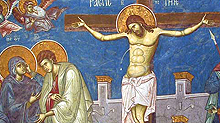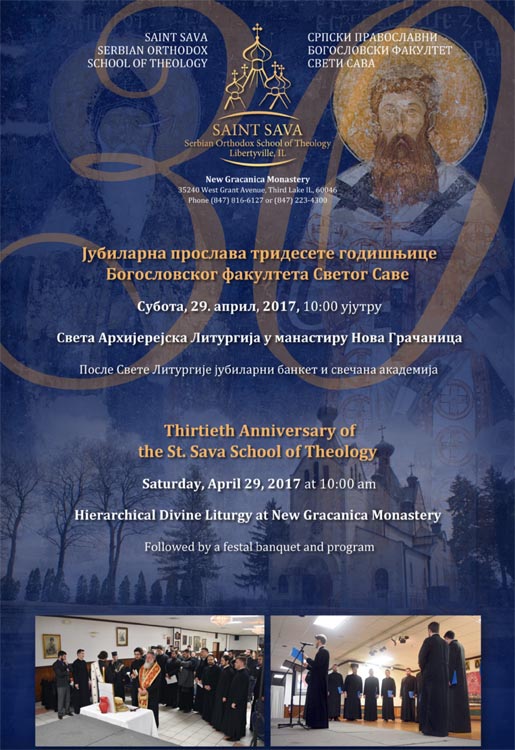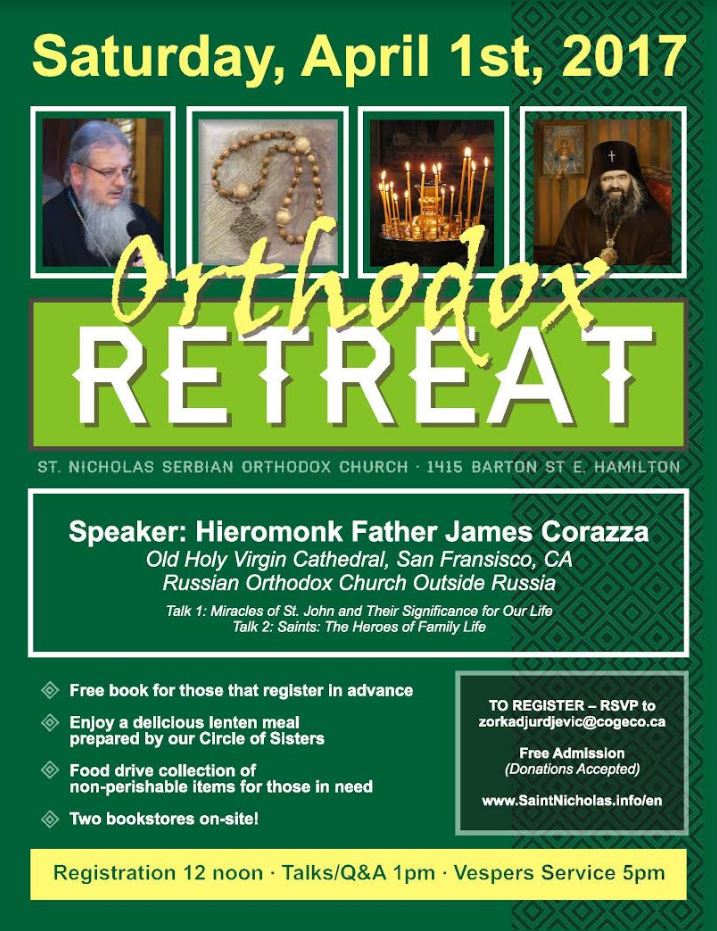Science
Discipline of Fasting
28. February 2017 - 11:03 Within this developed pattern of Great Lent, what precisely do the rules of fasting demand? Neither in ancient nor in modern times has there ever been exact uniformity, but most Orthodox authorities agree on the following rules:
Within this developed pattern of Great Lent, what precisely do the rules of fasting demand? Neither in ancient nor in modern times has there ever been exact uniformity, but most Orthodox authorities agree on the following rules:
(1) During the week between the Sunday of the Publican and the Pharisee and that of the Prodigal Son, there is general dispensation from all fasting. Meat and animal products may be eaten even on Wednesday and Friday.
Fasting and Great Lent
27. February 2017 - 12:57 Great Lent is the 40-day season of spiritual preparation that comes before the most important Feast of the Christian year, Holy Pascha (which means “Passover” and is commonly called “Easter”). It is the central part of a larger time of preparation called the Triodion season. The Triodion begins ten weeks before Easter and is divided into three main parts: three Pre-Lenten weeks of preparing our hearts, the six weeks of Lent, and Holy Week. The main theme of the Triodion is repentance — mankind's return to God, our loving Father.
Great Lent is the 40-day season of spiritual preparation that comes before the most important Feast of the Christian year, Holy Pascha (which means “Passover” and is commonly called “Easter”). It is the central part of a larger time of preparation called the Triodion season. The Triodion begins ten weeks before Easter and is divided into three main parts: three Pre-Lenten weeks of preparing our hearts, the six weeks of Lent, and Holy Week. The main theme of the Triodion is repentance — mankind's return to God, our loving Father.
Monday of the First Week of Great Lent
27. February 2017 - 9:27 True fasting is putting away evil deeds. (St. Basil the Great)
True fasting is putting away evil deeds. (St. Basil the Great)
The meaning of fasting consists not simply in refusing meat and dairy products, but most importantly in profound self-knowledge, repentance, and the struggle with the passions. “Let us tear every unrighteous union,” the Church hymns call to us on these days. “If we refrain from meat but devour our neighbors, this is a mockery of the fast,” says patristic wisdom. The true meaning of the fast is clearly revealed in one of the stichera: “Let us abandon bodily passions, and grow the gifts of the soul…” “The Springtime of repentance” is what people in the Church call the time of Great Lent.
Archbishop Nicholas (Kasatkin) of Japan
24. February 2017 - 14:26 First one must conquer love, and only then spread the word – Archbishop Nicholas (Kasatkin).
First one must conquer love, and only then spread the word – Archbishop Nicholas (Kasatkin).
The first person to preach the Gospel in Japan was a Spaniard, Francis Xavier, a Catholic monk of the Jesuit order. The first missionary labors of the Catholic monk and his fellow Jesuit strugglers were crowned with success, and many people accepted Christianity, including the Japanese princes Onugo, Arima and Omura (in the year 1582). However, as the Jesuits focused more on the external, ritualistic aspects of the Faith, on violence and threats, and didnt focus on the spirit of love and humility in their apostolic preaching, they were not able to strengthen the Japanese Christians in the Catholic faith, so that many of them, deep down, remained pagans. Unfortunately, the Jesuit missionary movement was accompanied by politics and intrigue, that is, by a clear and ardent desire to make Japan submit to the Vatican. This caused a negative influence in the hearts of the Japanese, and also led to the harsh persecution of those newly-converted men and women, who had sincerely accepted Catholicism, a fact which is witnessed by a Christian historian in Japan:



